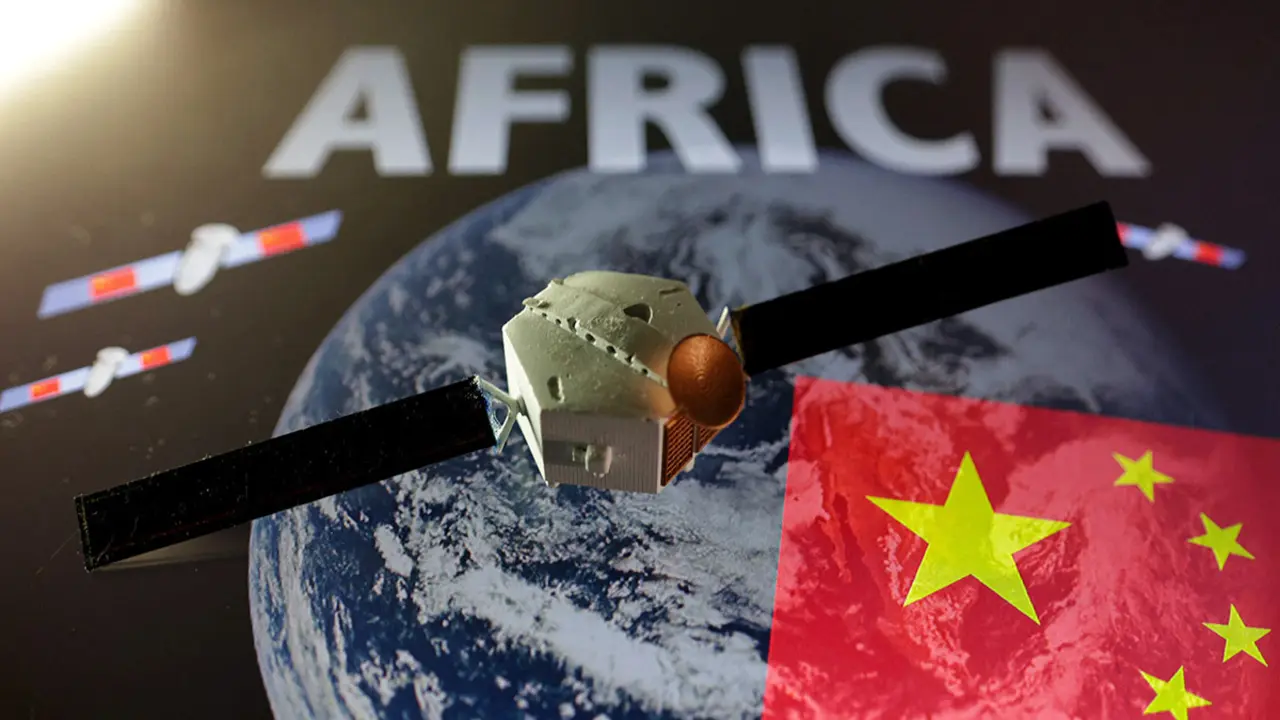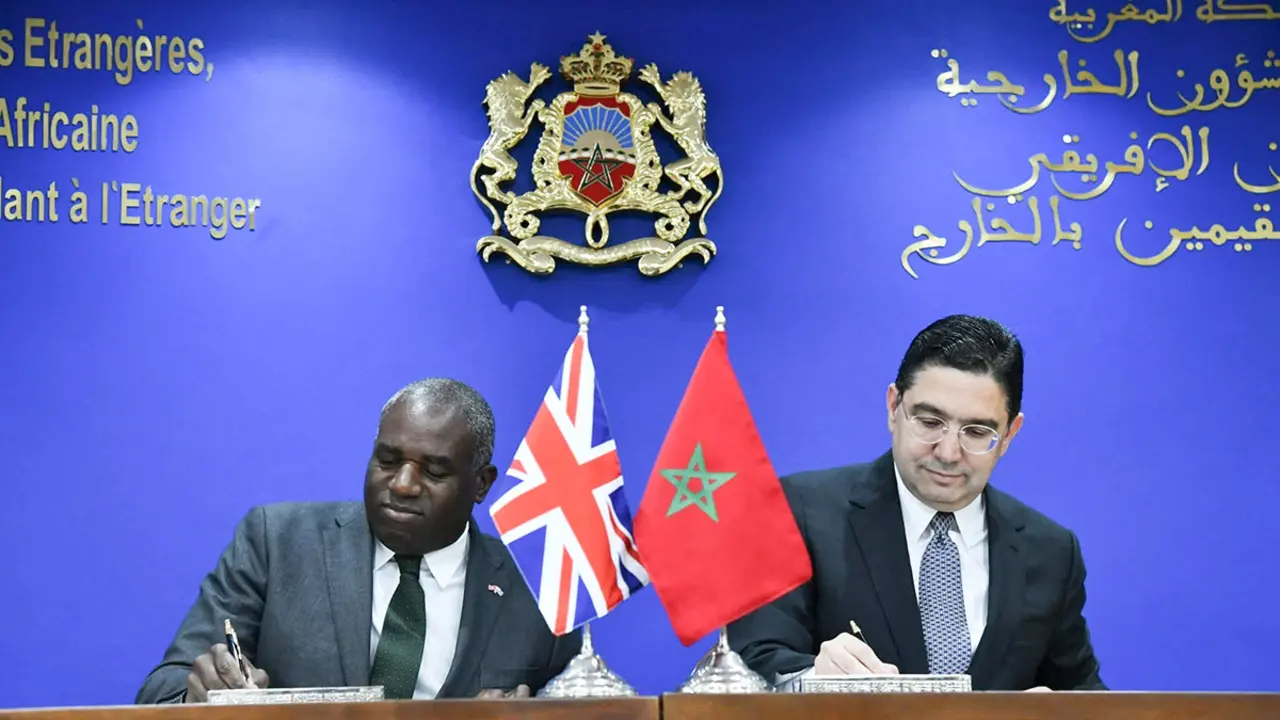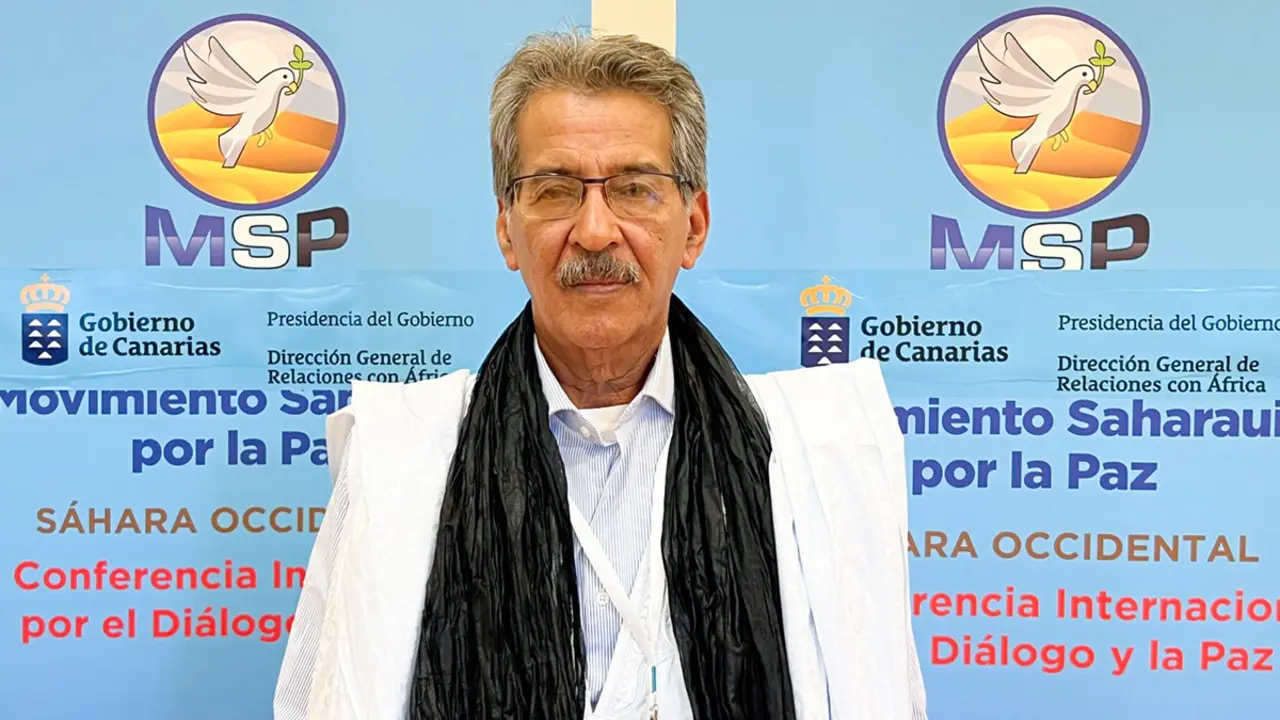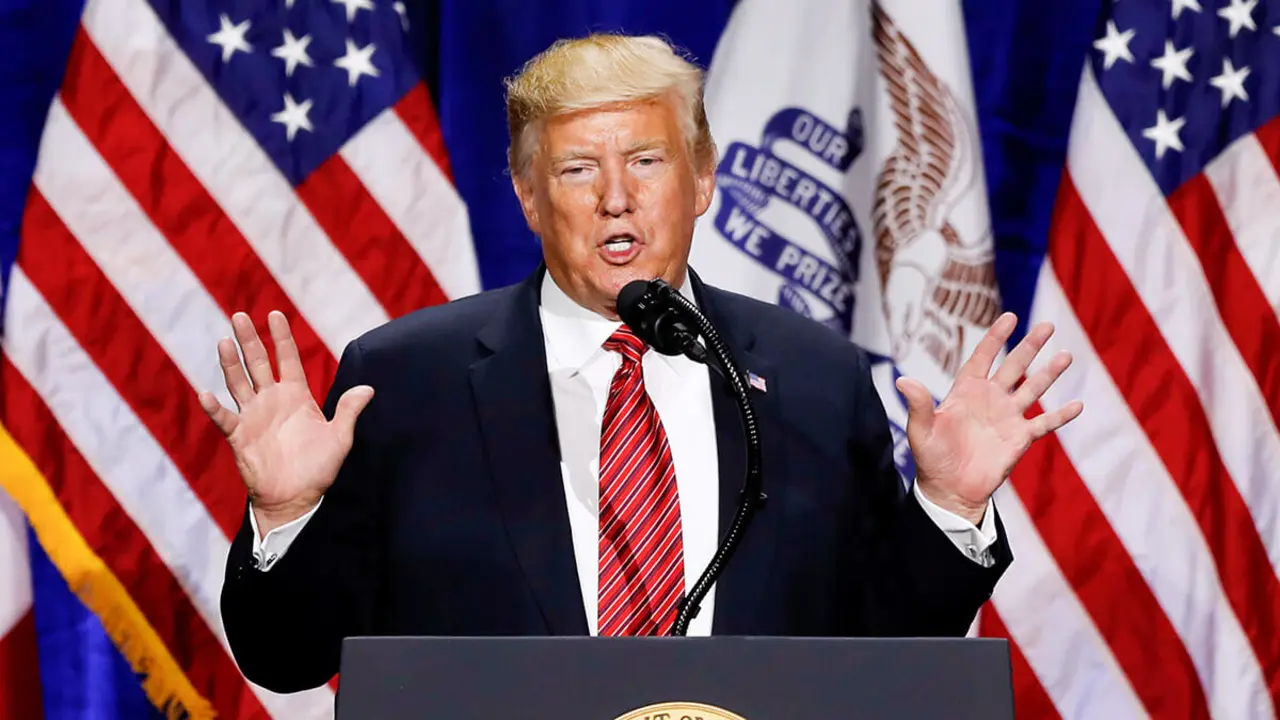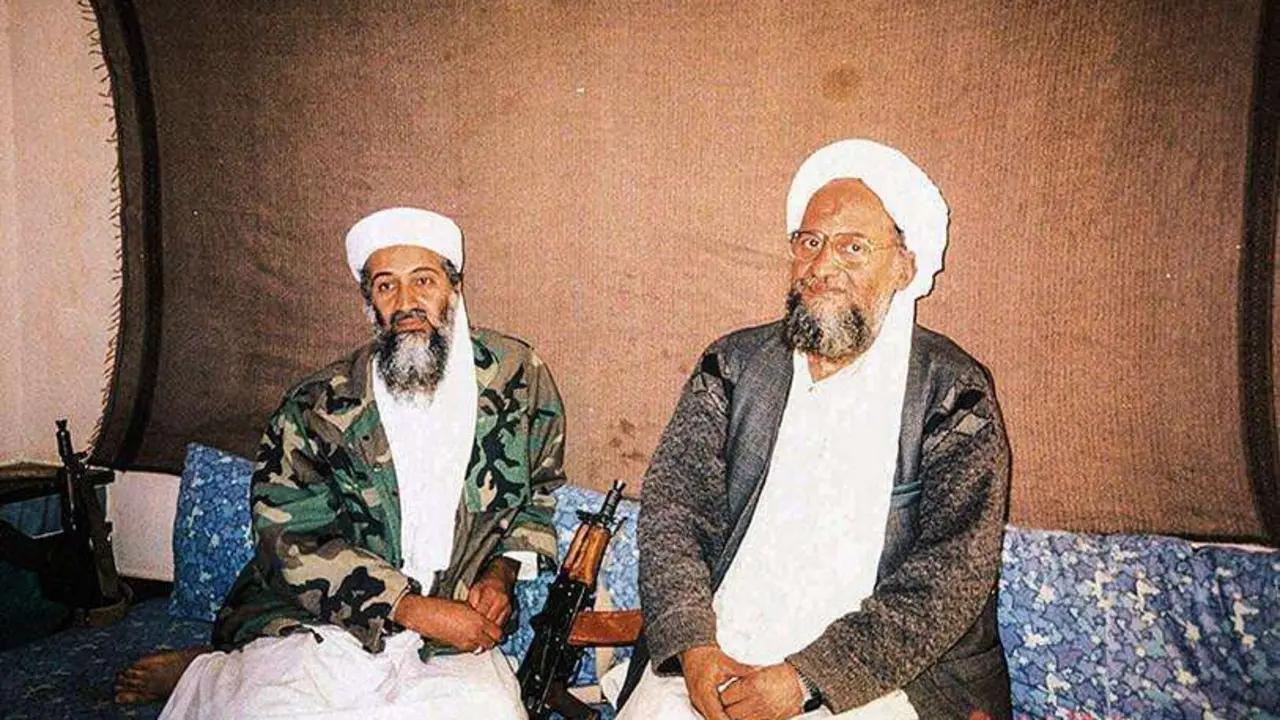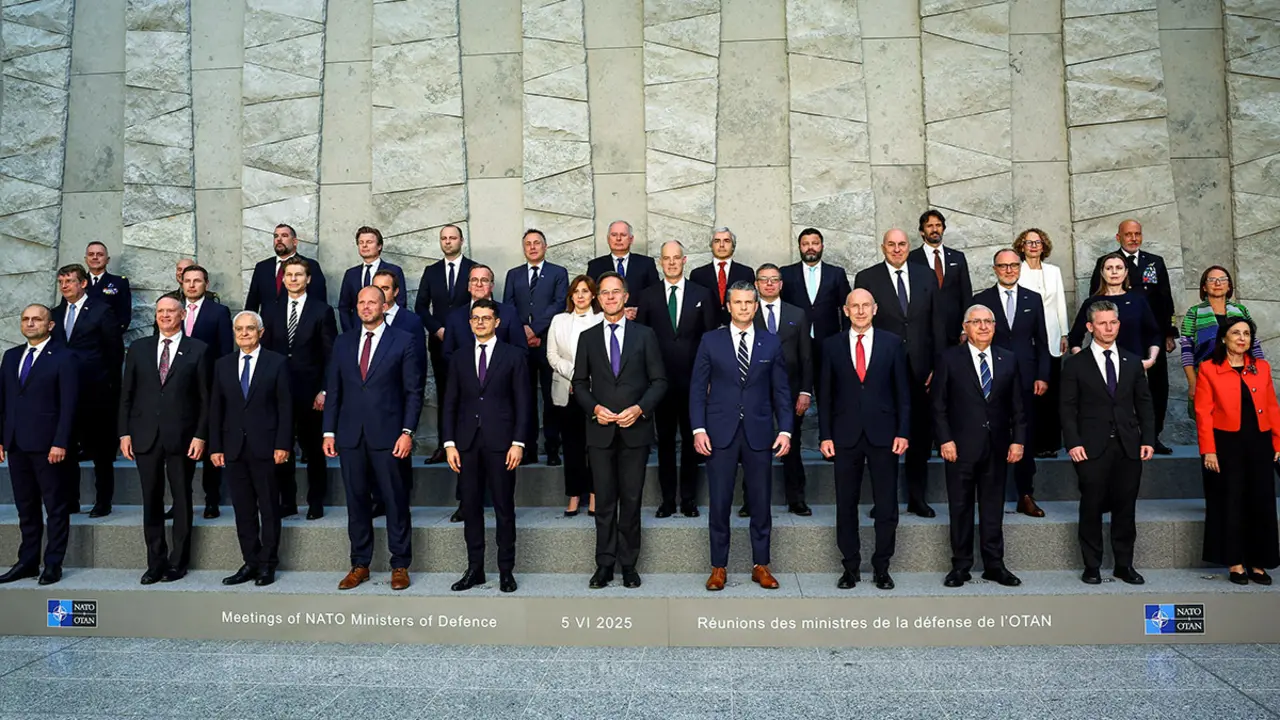Belarusians rebel against Europe's last dictator

The election campaign that took place this month in Belarus was characterised by an unprecedented mobilisation of the opposition, represented in this case by Svetlana Tikhanovskaya. On Sunday evening, 9 November, after the polls closed, thousands of opposition supporters gathered in the capital and in several cities of Belarus to protest after the announcement of a first official poll that gave Aleksandr Lukashenko victory with almost 80% of the votes. Lukashenko has led the country with an iron fist for the past 26 years and is considered "Europe's last dictator".
Tikhanovskaya had asked his supporters to vote en masse, wearing white bracelets and photographing their ballots, in order to make fraud more difficult, but also to be able to carry out a parallel recount, the result of which has not yet been announced. As a result, long queues formed in front of many polling stations on Sunday, which the Electoral Commission denounced as an organised "provocation". The opposition also accused the authorities of massive fraud. They had intensified their efforts at the end of the campaign to curb the rise of Svetlana Tikhanovskaya, arresting some ten of her employees, including her campaign manager, Maria Moroz.

Lukashenko's main rival, Tikhanovkaya, received 9.9% of the vote, according to these initial results from the Belarus Electoral Commission. The other three candidates each received less than 2% of the votes, according to this source. For her part, Tikhanovskaya, a 37-year-old former English teacher, said on Sunday afternoon that "the majority" of her fellow citizens supported her and that she was waiting for the official data to be published to announce her intentions. The head of state, who has been in power for 26 years with an iron fist, according to the official results, won a sixth term with 80.23% of the vote, shortly after the publication of an official poll showing the incumbent president as the clear winner.
Belarus has not held elections considered free since 1995, according to the international organization Human Rights Watch. On several occasions, demonstrations have been strongly repressed, even after the 2010 presidential elections. Before the appearance of Tikhanovskaya, Lukashenko's main rivals had been eliminated: two are in prison and a third is in exile. The other three authorized candidates did not mobilize. Tikhanovskaya's rise to power took place against a backdrop of growing economic difficulties, aggravated by tensions with Russia, and Alexander Lukashenko's controversial response to the coronavirus epidemic, which he described as "psychosis".
Numerous scenes of police beatings of protesters were also broadcast on social networks. According to journalists, witnesses and opposition media, riot police ruthlessly broke into the capital in small groups of people from different neighbourhoods, preventing the rallies from growing in size. According to local human rights NGO Viasna, at least 90 people, including journalists, independent observers and demonstrators, were arrested on Saturday and Sunday in Minsk. Several Belarusian media outlets reported injuries during Sunday afternoon's violence.

Security forces have detained a total of some 6,700 people in Belarus since the protests began, although the actual number of detainees is not yet known. Since Sunday night, police have been using sound grenades and rubber bullets to disperse the protesters and 51 more people were injured on Tuesday night, according to an official report. However, in Brest, southern Belarus, police fired live ammunition at allegedly armed protesters, according to the Belarusian Ministry of Interior itself.
According to the Viasna organization, "a young man suffered a fatal head injury after being hit by a vehicle" on Winners' Avenue in central Minsk. "Dozens of injured people are also in hospitals" in the capital, according to the same source. The NGO also reported at least 300 arrests across the country on Sunday, including at least 152 during nighttime demonstrations in Minsk, where crowds gathered in various locations were violently dispersed by riot police using "specialized ammunition" as sound grenades.
Ales Bialiatski, who heads the NGO Viasna, told the AFP agency that the police had used "disproportionate" force, although a spokeswoman for the Ministry of the Interior, Olga Chemodanova, said no deaths had occurred. Nighttime demonstrations have also taken place in other parts of the country, especially in Brest, Pinsk, Gomel and Grodno, according to anti-government media such as Nexta, Nacha Niva and Tut.by.
Communications were interrupted several times, and the Internet even stopped working for a long time. The opposition media denounced a deliberate move by the authorities. Ivan Noskevich, the head of the investigation committee warned on Monday that "the security forces will take all possible measures to defend the country's constitutional order," according to the official Belta agency. He announced the opening of investigations into the organization of riots and violence against the police. "Many suspects and detainees were intoxicated," he said. Alexander Lukashenko, who firmly assured that there would be no "loss of control" or "chaos" in the country.

The opposition presidential candidate in Belarus rejected the official results, calling on the president to resign after the elections and the violent repression of anti-government protests. Svetlana Tikhanovskaya, who has emerged in a few weeks as an unexpected rival to Lukashenko, who has been at the helm of Belarus for 26 years, denounced a falsified vote after the incumbent was announced as the winner with 80.08% of the votes. "The government must think about how to hand over power to us. I consider myself the winner of this election," Tikhanovskaya said, accusing the regime of "holding on by force" after the crackdown on the demonstrations.
In reaction to the events Lukashenko described the protesters as "sheep" guided by remote control from London, Warsaw and Prague, insisting that he would not let the country be "torn apart". Czech Foreign Minister Tomas Petrícek has called the Belarusian ambassador to the country for consultations over Lukashenko's words. The President of the European Commission, Ursula von der Leyen condemned the repression and asked for an "exact" count of the votes. Warsaw has also called for an EU summit to be held on the subject.
In contrast, Russian and Chinese leaders Vladimir Putin and Xi Jinping congratulated President Lukashenko. This contradicts what happened in recent weeks when Lukashenko had accused Moscow of trying to destabilise him, even by sending mercenaries. However, Moscow denounced the arrests of Russian journalists and demanded the release of 33 Russians who had been presented since the end of July by Minsk as mercenaries working with the opposition.

Faced with this situation, Belarusian presidential rival Svetlana Tikhanovskaya left the country for Lithuania on Tuesday, after a long night of violently repressed protests against the authoritarian regime that left one person dead. She was held for several hours at the election commission on Monday night, where she went to file a complaint against election fraud. Lithuanian Foreign Minister Linas Linkevicius told AFP on Tuesday that Tikhanovskaya was "safe". Belarusian border guards said he left the country by road during the night. However, according to his team, it was a forced departure under pressure from the authorities. "He had no choice," Olga Kovalkova, a Tikhanovskaya ally, told AFP.
In a video, the opponent confirmed that she made "alone" the "very difficult decision" to leave. "I know that many will condemn me, many will understand me, many will hate me," she said. "My children are the most important thing in my life," added the woman who, during the campaign, had sent her two children abroad, fearing pressure from the authorities. However, she refused to take part in the demonstrations that were violently repressed on Sunday and Monday night by riot police.
On Tuesday, calls for a general strike were circulating on social networks. On Monday night, thousands of people demonstrated in the capital and tried to set up barricades in some streets. "The departure of Tikhanovskaya is not going to stop us," Ian, a 28-year-old protester, told AFP, promising that he would continue to fight to live "in a free country. In recent days, the authorities have stepped up pressure on Tikhanovskaya's team, arresting some ten of his collaborators. One of their allies, Veronika Tsepkalo, the wife of an opponent who was banned from the presidential elections, fled Belarus on Sunday to Moscow.

